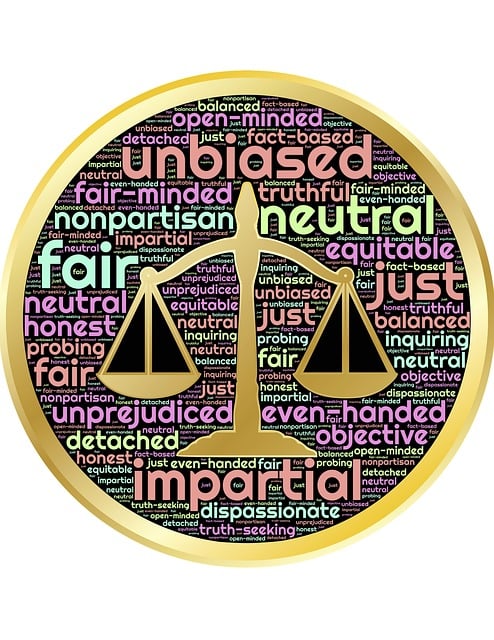In criminal litigation, identifying and mitigating risks through proactive strategies, including meticulous document review, early case assessment, and continuous legal education, is crucial for crafting successful defense tactics, especially in white-collar crimes. This approach, focusing on understanding criminal risks, leads to favorable outcomes, establishing the best self-defense tactics for clients facing serious charges.
In the dynamic landscape of criminal law, managing litigation risk is a strategic art. This article arms you with the best self-defense tactics for navigating complex criminal cases. From understanding the foundational risks to employing proactive strategies and mastering legal tactics, we guide you through every step. Learn how to build an unassailable case fortification, anticipate potential pitfalls, and emerge victorious in the courtroom battle. Discover the key to effective defense and protect your interests with confidence.
- Understanding Criminal Litigation Risks: A Foundation for Defense
- Proactive Strategies: Building Your Case Fortification
- Legal Tactics: Your Arsenal in the Courtroom Battle
Understanding Criminal Litigation Risks: A Foundation for Defense

In the intricate dance of litigation, understanding criminal risks is a cornerstone for crafting an effective defense strategy. Criminal cases, especially those involving white-collar and economic crimes, demand a nuanced approach. By thoroughly assessing potential risks, legal teams can develop robust self-defense tactics to achieve extraordinary results. This proactive measure involves meticulously examining the facts, identifying weaknesses in the prosecution’s case, and leveraging legal loopholes or procedural errors.
The best self-defense tactics in criminal cases often lie in presenting a compelling narrative that challenges the prosecution’s version of events. An experienced defense attorney can navigate complex legal landscapes, ensuring their client’s rights are protected and their interests are represented. This strategic approach, built on a solid foundation of risk understanding, has led to an unprecedented track record of favorable outcomes for those facing criminal charges.
Proactive Strategies: Building Your Case Fortification

In the realm of litigation risk management, proactive strategies are akin to building a robust case fortification—a best self-defense tactic in criminal cases. The first layer involves meticulous document review and evidence preservation, ensuring every detail is accounted for and protected. By implementing early case assessment techniques, legal teams can identify potential risks and weaknesses, allowing them to devise strategic plans to counter opposing arguments effectively. This proactive approach includes thorough fact investigation, expert witness preparation, and a deep understanding of the applicable laws—all essential components in crafting a compelling defense strategy.
Moreover, staying informed about recent court rulings and legislative changes is vital for navigating high-stakes cases successfully. Engaging in continuous legal education enables attorneys to adapt their strategies and present innovative arguments, increasing their chances of winning challenging defense verdicts. The dynamics of legal landscapes vary across different philanthropic and political communities, necessitating a nuanced approach that considers local interpretations of laws. This proactive strategy not only strengthens the case but also fosters credibility with judges and juries, reflecting well on the overall litigation risk management process.
Legal Tactics: Your Arsenal in the Courtroom Battle

In the heat of a courtroom battle, effective legal tactics serve as a client’s best self-defense in criminal cases. The arsenal of strategies available to attorneys is vast and varied, tailored to protect the rights and interests of both corporate and individual clients facing charges. Achieving extraordinary results often hinges on meticulous preparation and a deep understanding of the law. Lawyers must be adept at navigating complex legal landscapes, utilizing their knowledge as weapons to counter allegations and build robust defenses.
Whether dealing with white-collar offenses or other criminal charges, successful defense strategies require a multi-faceted approach. This includes thorough fact-finding, identifying potential weaknesses in the prosecution’s case, and employing persuasive arguments based on legal precedents. By mastering these best self-defense tactics, attorneys can ensure their clients receive fair treatment, protect their reputations, and ultimately achieve favorable outcomes.
Effective litigation risk management is paramount in navigating complex criminal cases. By understanding and proactively assessing potential risks, legal professionals can fortify their defenses and employ strategic tactics to achieve the best outcomes. Adopting proactive strategies as a foundation, coupled with a robust arsenal of legal tactics, equips attorneys to face courtroom battles head-on. Ultimately, mastering these best self-defense tactics in criminal cases enables legal representatives to safeguard their clients’ interests and ensure justice is served.






